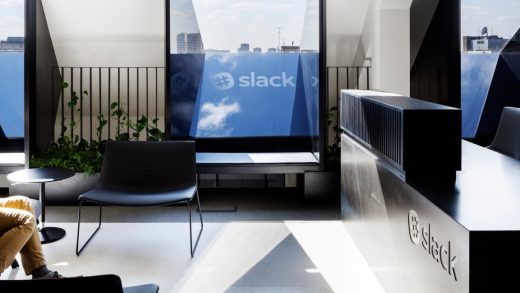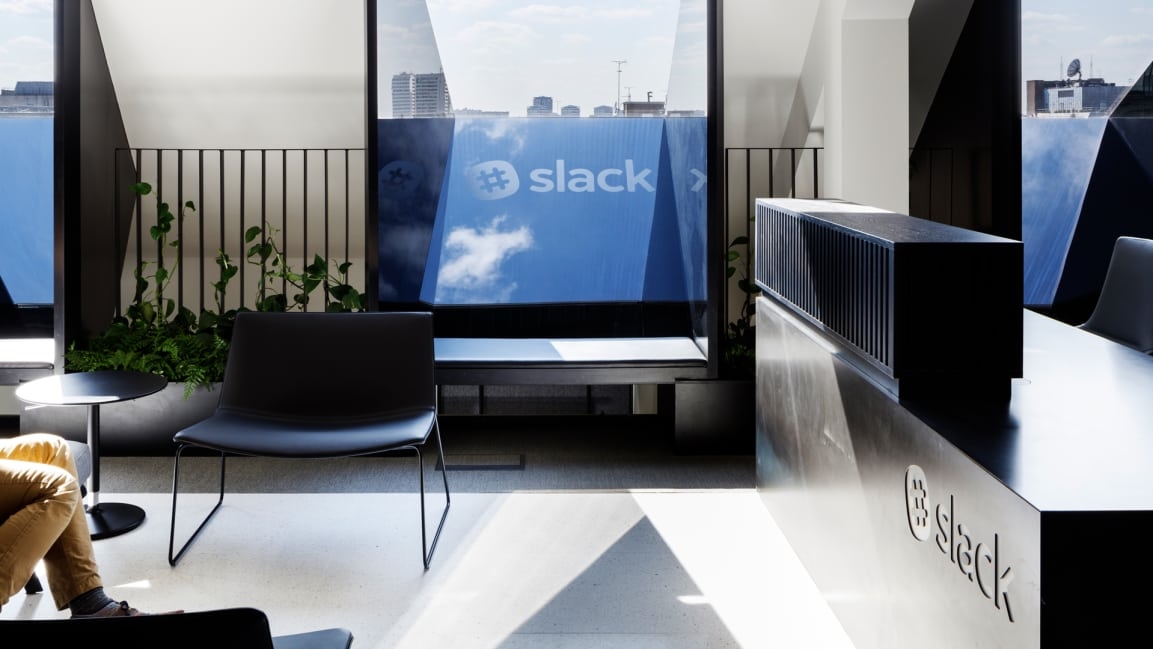Now Slack is reevaluating its arbitration policy for sexual harassment claims
Last week, Google did away with forced arbitration in cases of sexual harassment–a direct response to demands put forth by female employees who recently protested the company’s handling of sexual misconduct claims. Facebook followed suit a day later, and (November 16, 2018), Airbnb and eBay pledged to do so after BuzzFeed News asked them and a number of tech companies if they would scrap forced arbitration.
When Fast Company asked Slack about its arbitration policies, the company told us it was reevaluating them. “We are currently undertaking a careful review of our policies related to sexual harassment claims and private arbitration,” a Slack spokesperson said. “We take this issue very seriously, and Slack is committed to creating an environment where our employees can thrive.”
Though the Google walkout may have created new momentum, these aren’t the first major tech companies to take action against forced arbitration. Here’s a timeline of companies that have put an end to the practice:
A number of prominent tech companies–Twitter, Pinterest, Reddit, Intel, and IBM–told BuzzFeed News that they have never required forced arbitration. Verizon and Amazon previously told Gizmodo that they don’t enforce arbitration either, but the latter reportedly requires forced arbitration from some contractors. WeWork reportedly still enforces arbitration as well.
When we reached out for comment, Tesla, Netflix, and WeWork declined to comment on the matter, while Snap, Salesforce, and Spotify did not respond.
Update: Salesforce told Fast Company it does not enforce mandatory arbitration for all employees. “While Salesforce doesn’t have mandatory arbitration agreements, for employees who have arbitration as part of their employment agreements we would not enforce them in any potential cases of sexual harassment or sexual assault,” the company said in a statement. “We believe the choice should be the individual’s.”
(13)



